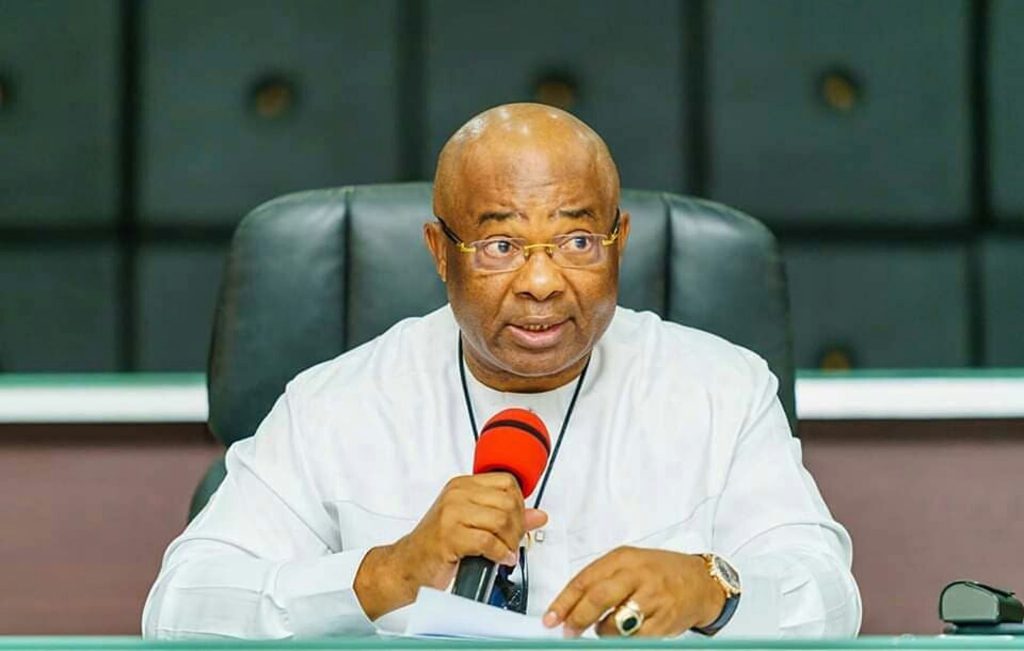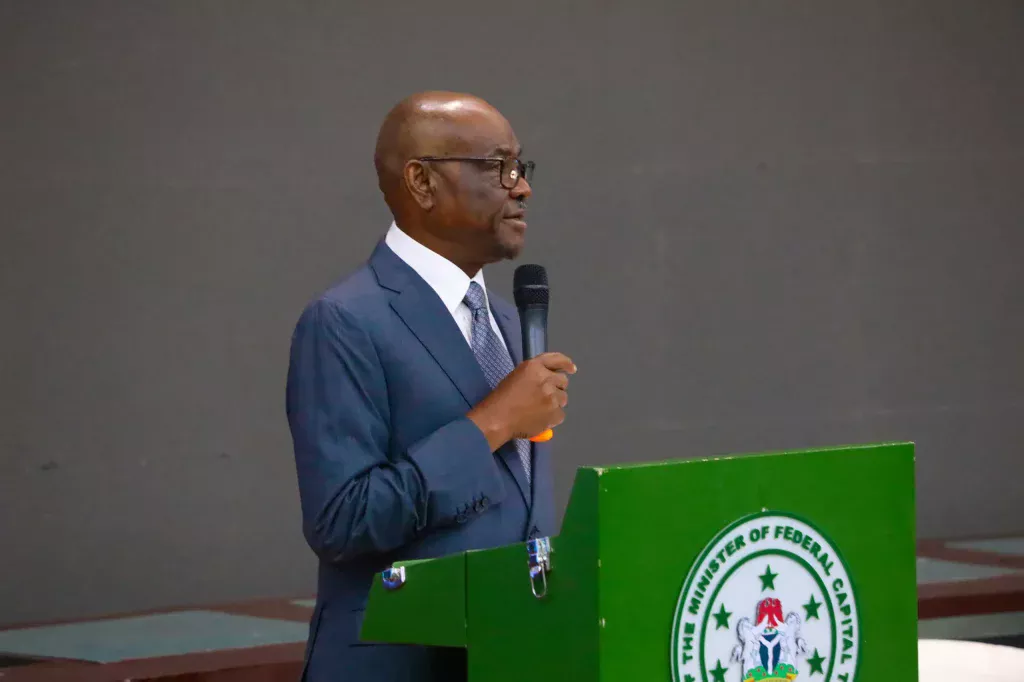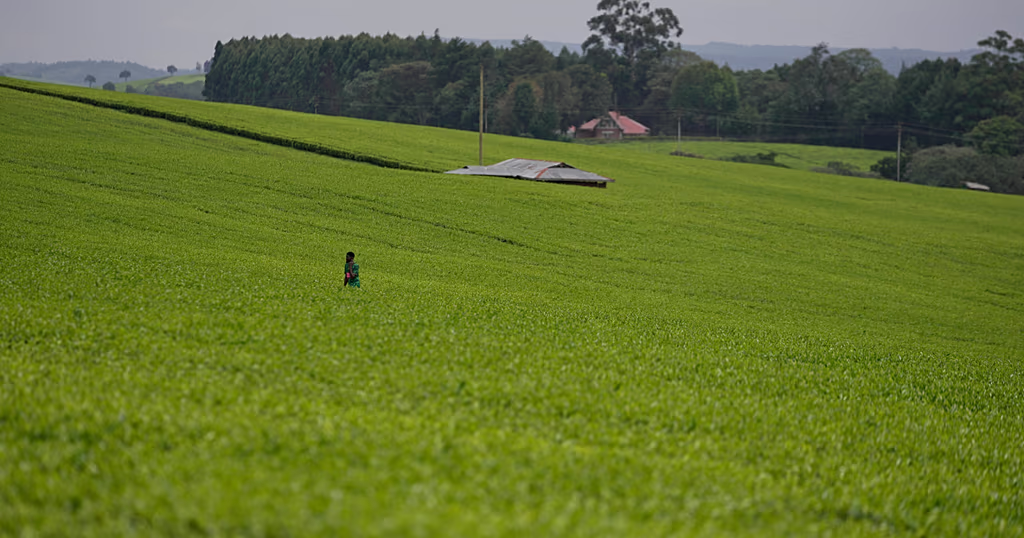Nnamdi Kanu, the detained leader of the Indigenous People of Biafra, is facing a deteriorating health situation in the custody of Nigeria’s Department of State Services. His legal team has written to the World Medical Association, seeking intervention in his medical care. The letter, dated October 3, 2025, and addressed to Dr. Jacqueline Kitulu, President of the World Medical Association, highlights Kanu’s denial of proper medical care for four years since his arrest in Kenya and rendition to Nigeria in 2021.
Kanu’s health issues reportedly stem from his incarceration in solitary confinement, including life-threatening ailments such as tinnitus-induced sleep deprivation. The letter alleges manipulation of Kanu’s medical records by the Department of State Services and requests the World Medical Association to investigate. It also asks for protection of independent medical practitioners, including Emeritus Professor Martin Aghaji, who has been providing critical care to Kanu.
The letter provides a detailed background of Kanu’s case, including his arrest in Kenya, repatriation to Nigeria, and subsequent detention in DSS custody. It highlights the gruesome conditions of his detention, including being chained to a wall, denied food and water, and subjected to physical and emotional abuse. The letter also mentions the role of independent physicians, including Dr. Cfine and Emeritus Professor Martin Aghaji, who have been barred from accessing Kanu or intimidated into silence.
The World Medical Association has been asked to guarantee the immediate release of the Nigeria Medical Association’s report on Kanu’s health, which was directed by the Federal High Court to be filed within four days. The letter emphasizes the urgent need for medical attention to address Kanu’s life-threatening conditions, including tinnitus and sleep deprivation, which could lead to stroke, collapse, or sudden death if left untreated.
The situation highlights concerns about the treatment of detainees in Nigeria and the need for international organizations to ensure that medical ethics and patient rights are respected. The World Medical Association’s response to the letter is awaited, as the situation continues to unfold. The Nigerian government has been criticized for its handling of Kanu’s detention, and the international community is watching the developments closely. The case has significant implications for human rights and the rule of law in Nigeria, and a prompt resolution is necessary to prevent further deterioration of Kanu’s health.



